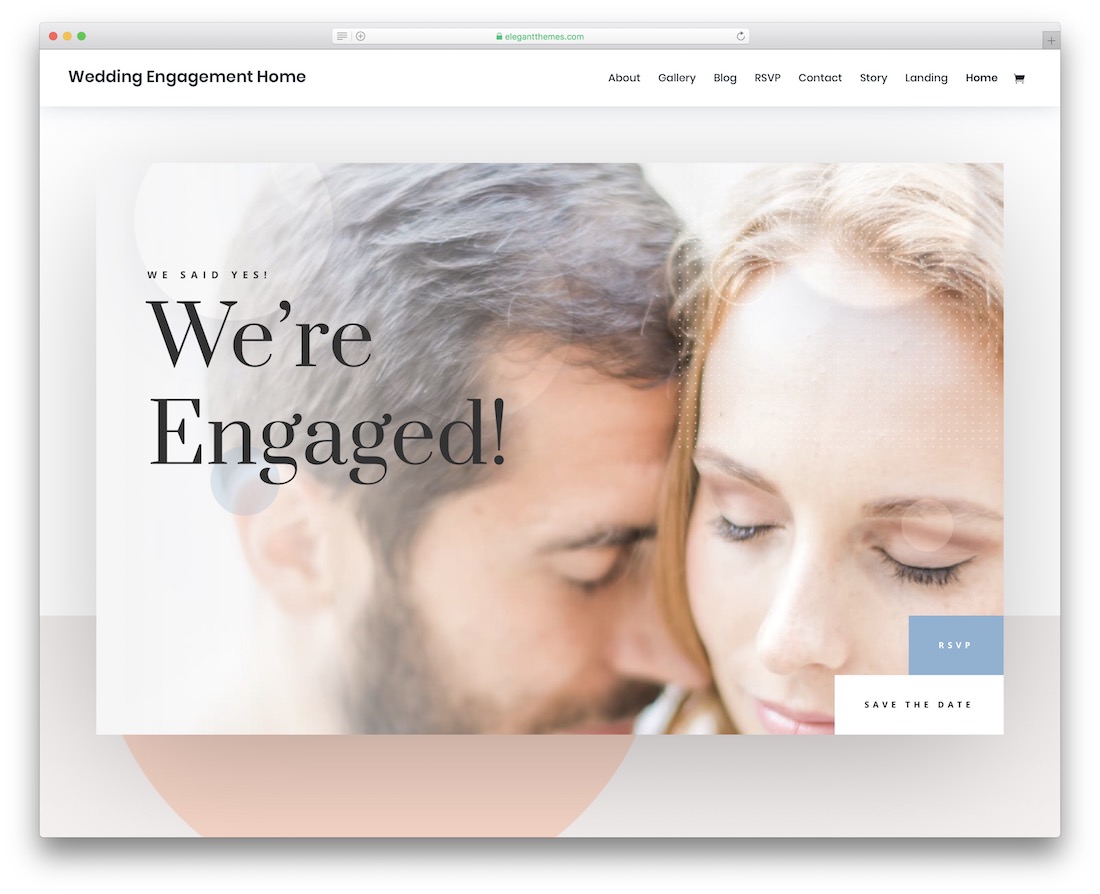The results of Shapiro et al. [sixty four] offered a paradox: though they found a direct website link among Tinder use and academic stage, they also located that these who did not use any app achieved much better grades.
Yet another putting end result about the educational degree is that of the study of Neyt et al. [nine] about their users’ characteristics and all those that are sought in prospective companions by means of the applications. These authors located a heterogeneous effect of academic degree by gender: whilst females most well-liked a possible male companion with a substantial academic amount, this speculation was not refuted in men, who favored feminine partners with decrease academic ranges.
- How do I do something about a person who may be excessively materialistic?
- Has it been all right to this point a particular person with a medical history of assault?
- How will i cope with adult dating someone else by way of a varying standard of self-sufficiency?
- How could i deal with relationship anyone making use of a differing a sense of excursion?
- How to control adult dating somebody with assorted sex needs and wants?
- Examples of the indication of a come back link?
Other variables evaluated in the literature on courting applications are place of residence or money amount. As for the former, application consumers are inclined to dwell in city contexts, so experiments are ordinarily executed in huge cities (e. g.
, [11,28,forty five]), although it is correct that in the latest years scientific studies are beginning to be seen in rural contexts to know the truth of the people who dwell there [43]. It has also been demonstrated that relationship application customers have a bigger cash flow level than non-users, though this can be recognized as a function involved with youthful persons with superior academic levels. On the other hand, it appears that the use of these purposes is current in all social levels, as it has been documented even among homeless youth in the United States [66].

Personality and other psychosocial variables. The literature that relates the use of relationship applications to distinctive psychosocial variables is progressively in depth and numerous. The most evaluated variable concerning the use of these applications is self-esteem, even though that site the results are inconclusive. It appears to be founded that self-esteem is the most vital psychological predictor of employing relationship apps [6,8,fifty nine].
But some authors, these kinds of as Orosz et al.
[fifty five], warn that the which means of that connection is unclear: apps can operate both as a resource for and a booster of self-esteem (e. g. , owning a whole lot of matches) or to decrease it (e. g. , deficiency of matches, ignorance of use designs).
- Just what are the indication of a partnership staying really scheduled?
- Can it be good to date person with some other work aspirations?
- Might it be alright up to now a co-worker?
- How to tackle person I’m focused on?
- How to find some discussion beginners to have a primarily day?
- Consider some of the signs and symptoms of gaslighting within a bond?
The partnership in between relationship application use and attachment has also been examined. Chin et al. [29] concluded that men and women with a additional anxious attachment orientation and all those with a a lot less avoidant orientation ended up much more very likely to use these apps. Sociosexuality is a different important variable relating to the use of dating apps. It has been identified that people of these apps tended to have a significantly less restrictive sociosexuality, specially those who applied them to have everyday sex [6,seven,8,21]. Finally, the most studied approach in this discipline is the 1 that relates the use of courting apps with selected persona qualities, both of those from the Huge 5 and from the darkish individuality model.
As for the Significant 5 model, Castro et al. [23] observed that the only trait that authorized the prediction of the latest use of these apps was open-mindedness. Other reports appeared at the use of applications, these character qualities, and relational position. Consequently, Timmermans and De Caluwé [seventy one] found that single end users of Tinder have been more outgoing and open to new experiences than non-user singles, who scored better in conscientiousness.
For their section, Timmermans et al. [seventy two] concluded that Tinder people who experienced a spouse scored lessen in agreeableness and conscientiousness and bigger in neuroticism than people today with associates who did not use Tinder.

Laisser un commentaire